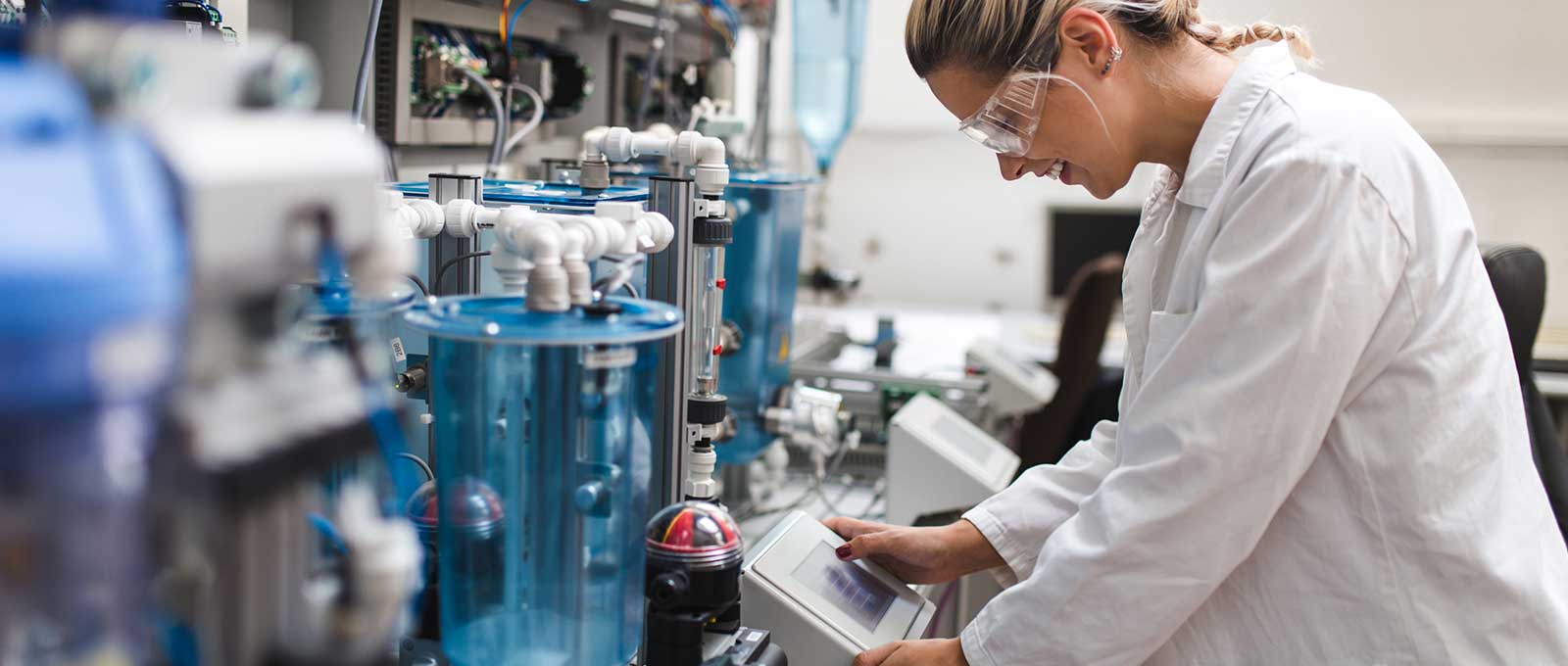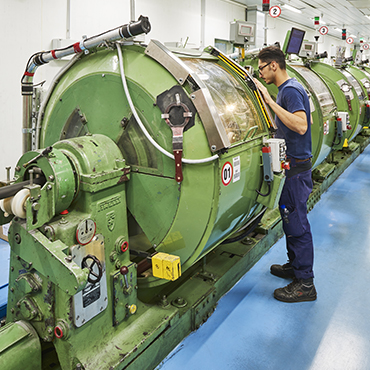-
Health and safety at work: the Group’s intention to invest in workers' health and safety by introducing occupational health and safety management systems aimed at reducing the number of accidents and occupational diseases, as well as developing training programmes on health and safety in accordance with local laws and regulations;
-
Ethics and integrity: this includes the Group's commitment to a business management model based on the highest standards of ethics and integrity and compliance with laws, regulations, policies and procedures regarding the prevention of corruption and anti-competitive practices;
-
Respect for human and workers' rights: Group policies and procedures concerning human rights, abolition of child and forced labour, freedom of association and collective bargaining, fair remuneration and health in the workplace — including the due diligence process that Prysmian is conducting make it possible to identify and assess risks relating to human rights in order to ensure that such rights are respected.





